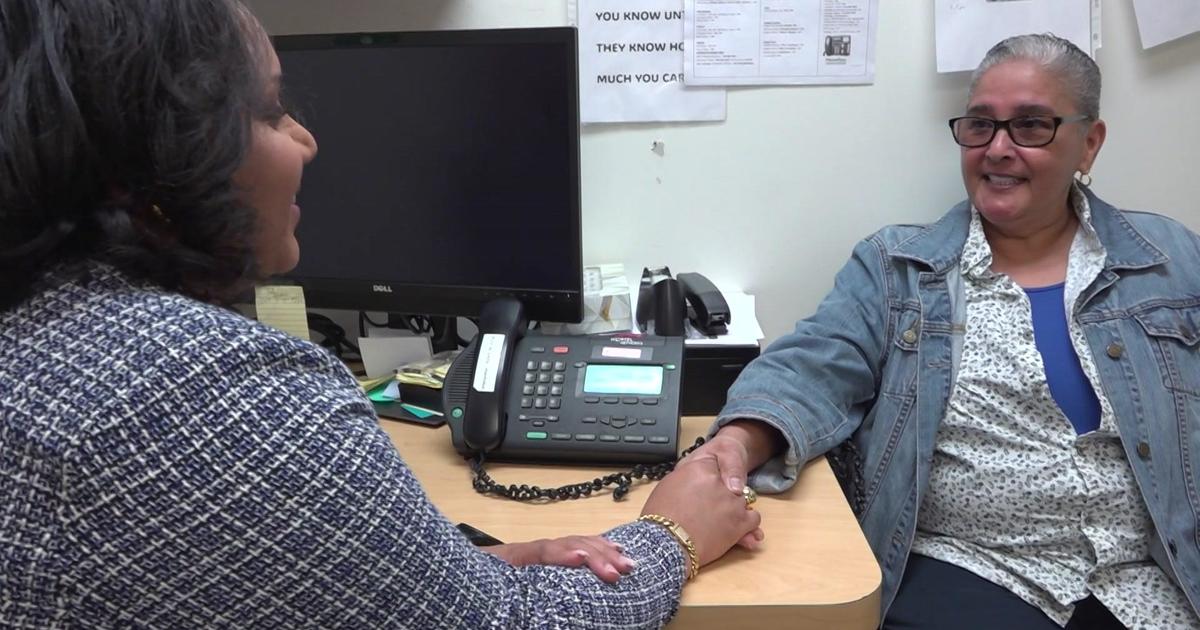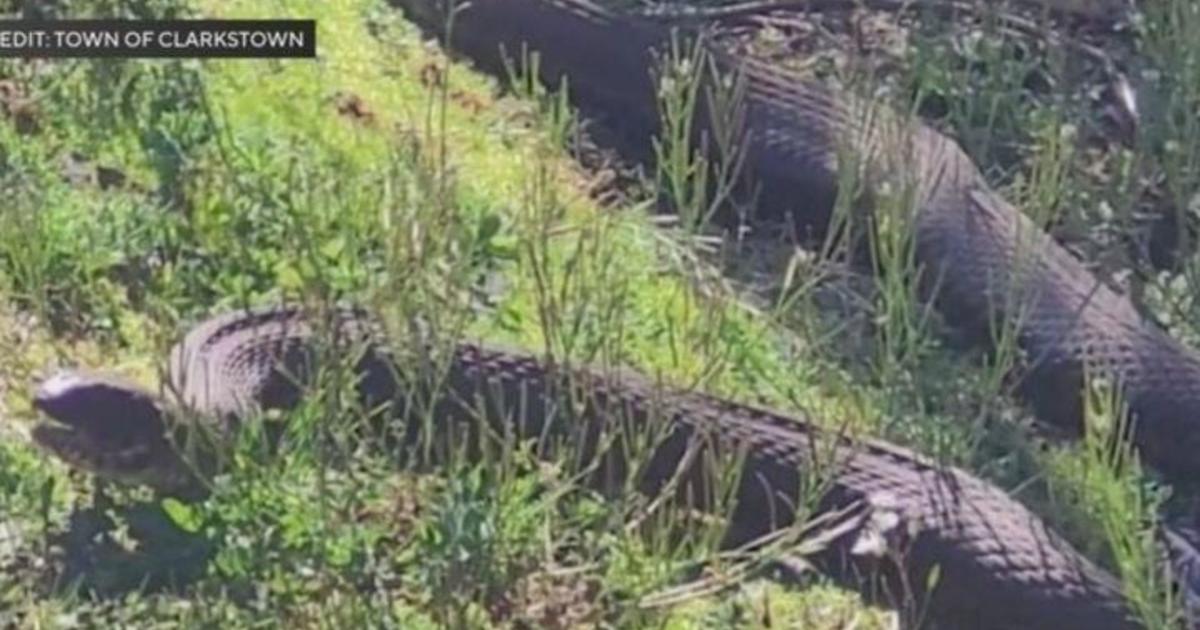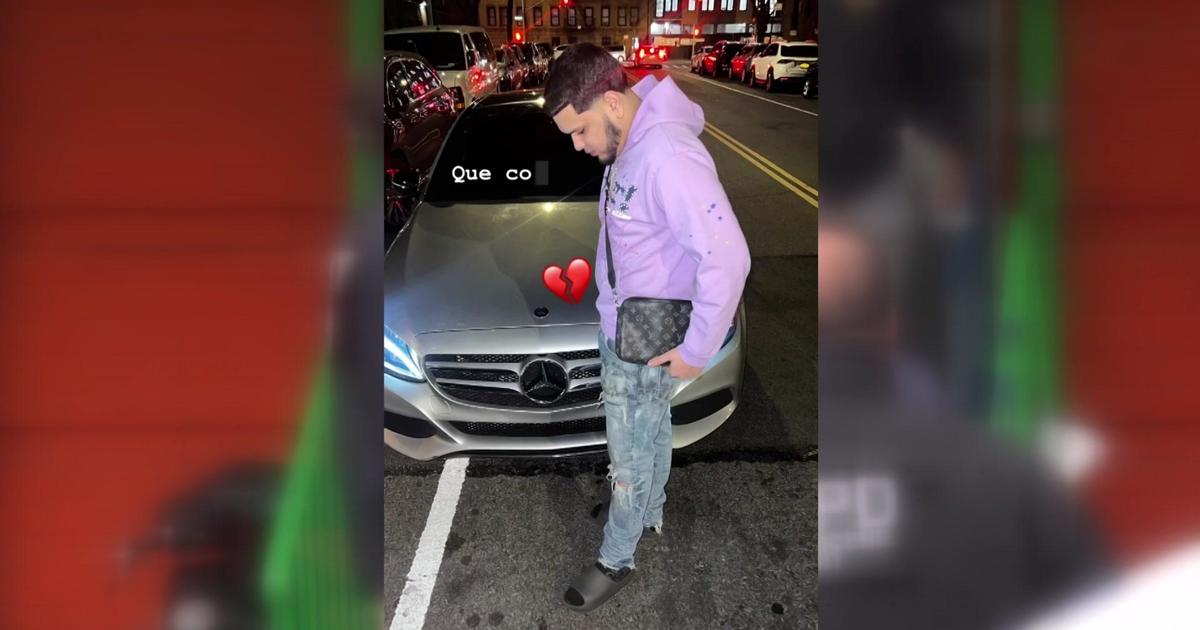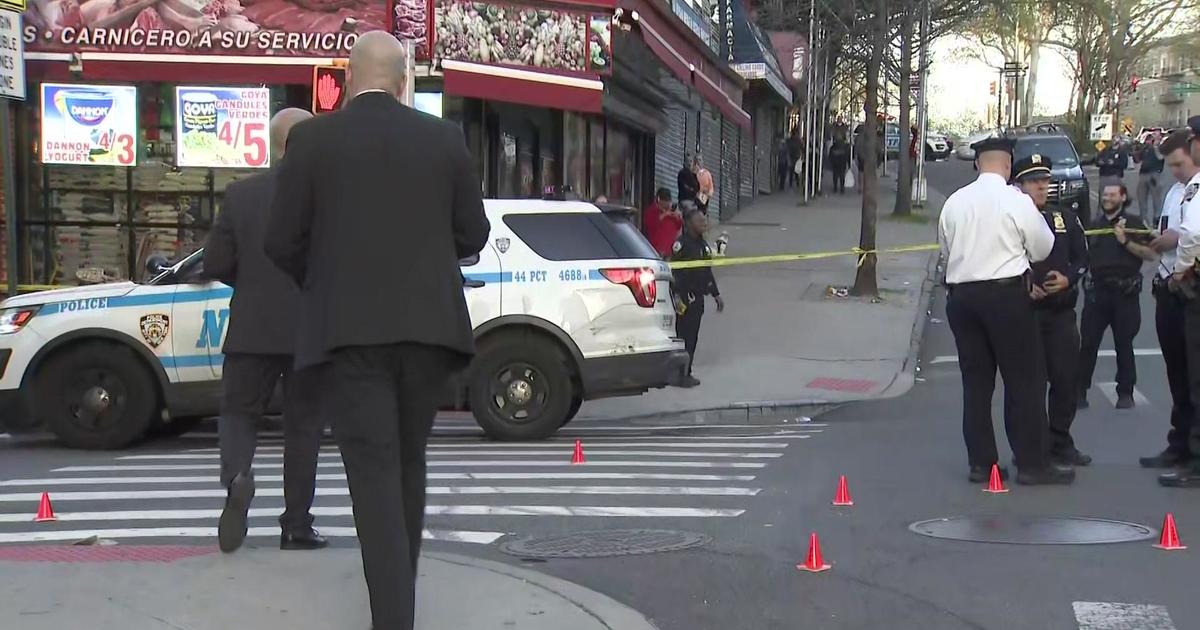Social Media's Role In The Racial Justice Movement: 'The Conversation Is Moving So Much More Quickly'
NEW YORK (CBSNewYork) - Protests after the death of George Floyd—and hard conversations about race in America—are happening all across the country. Three people reveal how they've found a new role for social media in the movement for racial justice.
Ohi Oni-Eseleh has begun using his Instagram account as a tool in fighting racial injustice.
"Following the murder of George Floyd, I was having a really hard time," he said. "I think for Black people, unfortunately, that was not a new occurrence, the unjust murder of a Black man by police. What was new for me, and I think for a lot of people, was the collective wave of attention, horror, anger, sadness."
He was overwhelmed by comments and questions from the non-Black people in his life.
"As a Black man in this country, I didn't have the luxury of being shocked by the murder of a Black man, and so it was overwhelming to try to process my own emotions while also trying to process the individual surprise," he said. "As a way to codify my feelings and my thoughts on the topic and invert the conversation from the many-to-one to the one-to-many, I decided to take to Instagram."
In bold white text set against backgrounds of various colors, he began sharing personal reflections on racial injustice in America and his beliefs about collective responsibility in the Black Lives Matter movement.
"It was scary," he said. "I hadn't used Instagram historically in such a vulnerable way before, and so I didn't really know what to expect. But what I did know was that the surface-level things that used to be a fun distraction for me on social media had become so impossible for me to even care about."
On Instagram, he encourages his followers to commit to daily anti-racist work.
"My call is for people to lean into the repetition of posting, reading, sharing, learning, unlearning," he said. "Until we are all able to rest, the work isn't done."
PROTESTS AND PAIN
- CBS2's Maurice DuBois, Documentary Filmmaker Marshall Curry Discuss Where The Conversation About Race Goes From Here
- Public Advocate Jumaane Williams On What's Next With Race In America
- Writer David Simon, Who Created The Wire, On Policing In America
- Having The Difficult But Important Conversation About Race
- How To Be A Part Of Making Change Beyond Protesting
- Schomburg Center Releases 'Black Liberation Reading List'
- Child Psychologist On Talking About Race & Activism
- Complete CBS2 Coverage
- More From Minneapolis
Lawrence Lopez has combined photography and writing to express himself on social media.
"Maybe a week after George Floyd was murdered, I started having thoughts that I never had before just around race relations, around my relationship with race," he said.
He began taking photographs at protests against police brutality, captioning them, and sharing them to Instagram and Facebook.
"I was doing it mostly for me," he said.
Even so, his followers took notice, contributing comments that grew into conversations. For Lopez, some of the input has been supportive, some unsupportive, and some well-intentioned but misguided. To those chiming in, he gives the benefit of the doubt where possible.
"This is a very new space, I think, for a lot of people, talking about race so openly," he said. "And, honestly, it's a new space for me to operate as well."
He says that centuries of oppression will take time, effort, and sacrifice to undo.
"And it will take exploring some uncomfortable spaces, be those uncomfortable conversations, uncomfortable emotions."
PHOTO GALLERY: George Floyd's Death Prompts Days Of Protests In NYC
Maya Hislop teaches African American literature at Clemson University. She has mixed feelings about the role of social media in the fight for racial equality, casting doubt on Internet Age exceptionalism.
"Anything that's happening now is on the shoulders of so many other movements," she said. "There have been protest movements and campaigns and petitions, and all of these techniques are old."
And yet, she sees potential in social media's impact. She uses Instagram posts and stories to circulate news, art, and calls to action in support of racial justice.
"I do think the conversation is moving so much more quickly because of social media," she said.
For her, Black Lives Matter is a slogan that speaks to a generation.
"Only people who grew up with the internet could have come up with that," she said.
She also sees the potential of young people to make progress offline.
"All actual change happens in non-public forums, so what is the youth going to do when no one's watching?"



